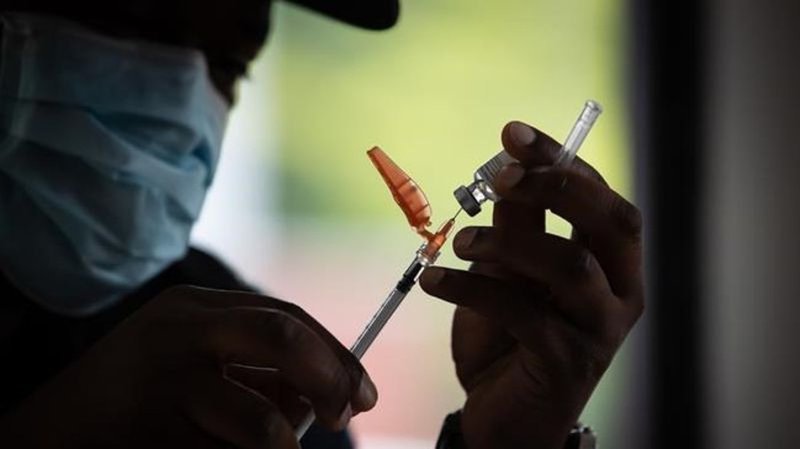
Yankees outbreak spurs concern, but experts say breakthrough COVID-19 cases expected
News last week that several vaccinated members of the New York Yankees baseball team had tested positive for COVID-19 sparked concern over the effectiveness of the jabs.
Experts say the cases aren’t necessarily cause for alarm, however, and we’ll likely see more incidents as vaccine rollouts continue globally.
The nine Yankees cases, dubbed breakthrough infections by the U.S. Centers for Disease Control and Prevention because they occurred two weeks or more after full vaccination, included one person with mild symptoms. The rest were asymptomatic.
While the authorized COVID-19 vaccines do work well in preventing infections, their main point of praise is in staving off severe disease, hospitalization and death, says Dr. Sumon Chakrabarti, an infectious disease expert in Mississauga, Ont.


